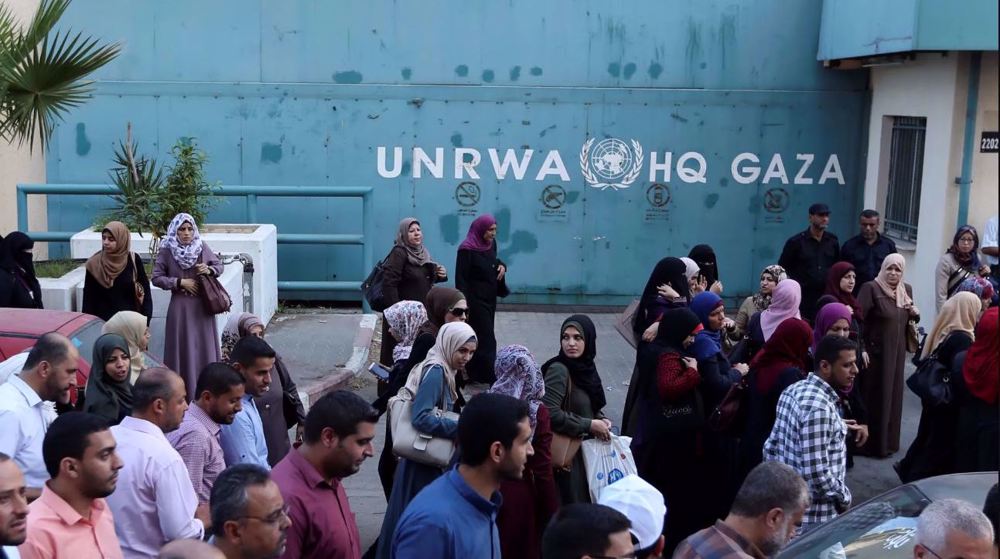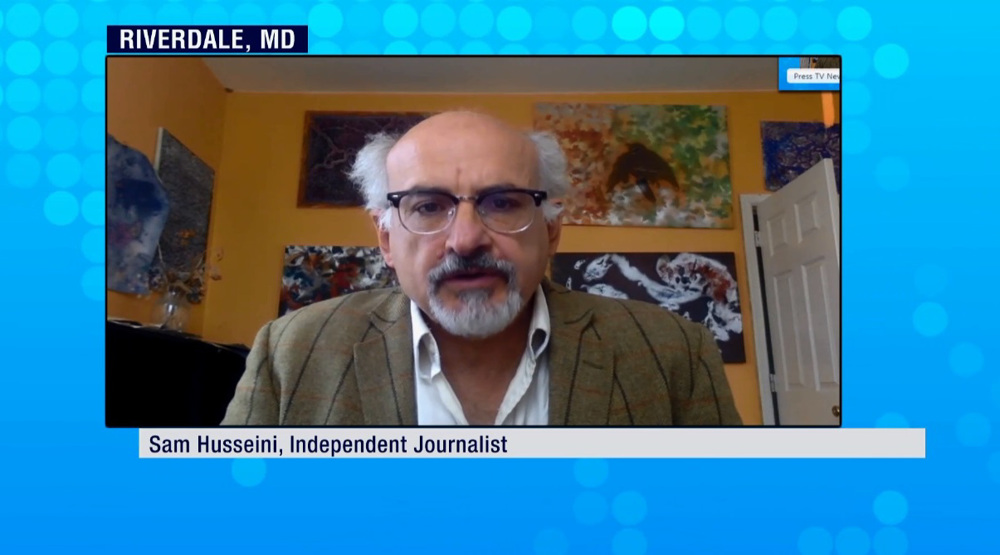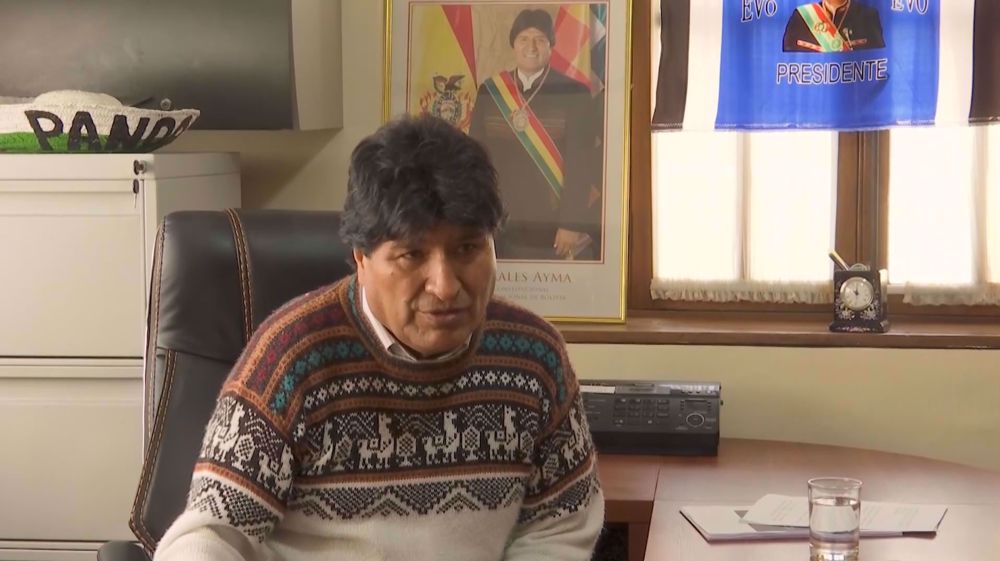US-Saudi ties based on arms deals, oil: Commentator
Press TV has conducted an interview with Naseer al-Omari, a writer and political commentator in New York, about US President Barack Obama hosting emirs and crown princes of Persian Gulf Arab states at the White House as part of the US-Arab meeting at Camp David.
The following is an approximate transcription of the interview.
Press TV: I’d like to get your opinion on this much-anticipated and much-hyped summit, the fact that these monarchs are not attending and have sent their deputies instead, how do you read that?
Omari: I have read reports that this is a “snub” of some type but I do not buy that. I believe these Arab monarchs are dependent completely on the support of the United States for their existence. The level of presentation is acceptable, is high enough like in Saudi Arabia you have the people who are calling the shots in the country, you know attending. I do not believe that there is any disagreement over what the relationship between the US and the monarchs really mean.
This is a very powerful relationship and I do not think that there is a great deal of difference in how they see the region and how they see the conflict for example with Iran or the other conflicts going on in the Middle East.
Press TV: So right now as these deputies as well as crown princes and monarchs have gathered in the US, what do you think is going to be discussed there because they were hoping to get something in writing as the UAE envoy has mentioned, however, that is not going to happen now, is it?
Omari: I am not sure if they are going to get anything in writing or if they need anything in writing. I think the Obama administration is trying to reassure them that a nuclear deal with Iran will not affect the relationship that the US has with these monarchs.
However, what is interesting about this is how they view the coming back of Iran to the international scene after the lifting of sanctions as directed against them. This is stunning because the return of Iran and the lifting of sanctions is supposed to ease the tensions in the region.
My guess is that they do not want to see an easing of tensions because that would lead to their own people questioning their own authority and power and they need presence of a threat to keep telling people that ‘we are under attack from Iran’ and ‘we are under attack from the external world.’
So it is amazing that they view the signing of a nuclear deal as something negative for their safety and security.
Press TV: When Obama says Saudi Arabia has been ‘absolutely critical not only in maintaining stability in the region but also protecting the American people,’ is that what he means?
Omari: Any statements by the Obama administration in this regard is to be disregarded. The reason for terrorism in the Middle East and worldwide is Saudi Arabia. The relationship between Saudi terrorism and turning a blind eye by the successive American administrations on the actions of the Saudis in Afghanistan and in supporting ISIS around the Middle East and the terrorists around the Middle East is obvious and clear. So I do not buy for a second that the Obama administration believes that the Saudis are a reason for stability or bringing the stability to the region. I believe this relationship between the US and the Saudis is suspicious and it is based on weapons deals and it is based on oil. It is a relationship that occurs and happens at the expense of the Saudis and the people in the [Persian] Gulf.
AHK/HSN
European Parliament members criticize EU as 'accomplice’ in Israeli war on Gaza
VIDEO | Modi's anti-Muslim hate speech sparks outrage in India amid elections
Israeli war machine claims more civilian lives across Gaza
US Senate passes multibillion-dollar aid package for Israel amid Gaza war
VIDEO | Taliban press ahead with war on drugs
VIDEO | UK govt. Rwanda bill denounced as 'state-sponsored people trafficking'
VIDEO | Iran president visits Lahore, Pakistan’s cultural hub
North Korea: US military drills drive regional security into turmoil









 This makes it easy to access the Press TV website
This makes it easy to access the Press TV website